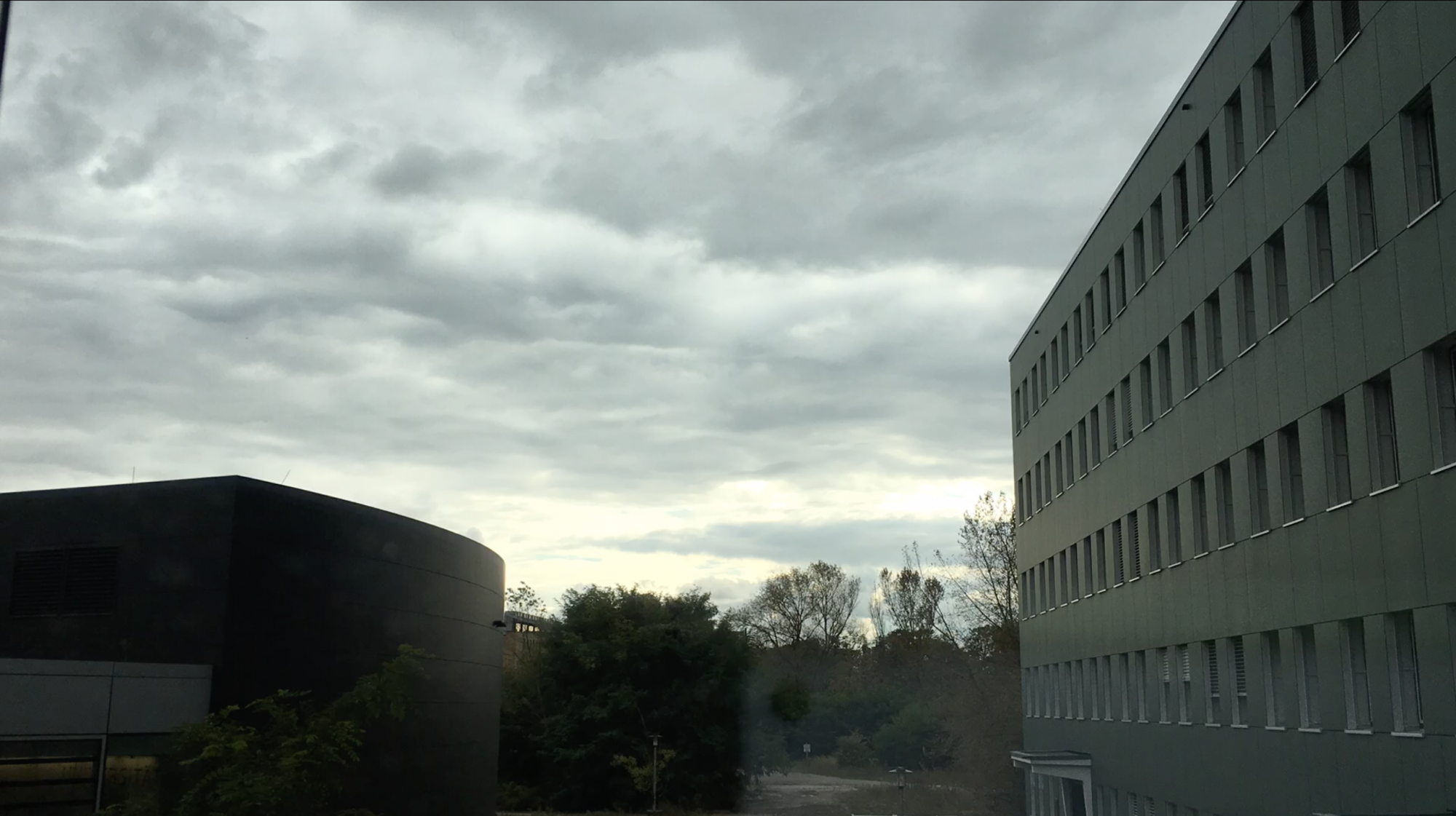ECER 2018 is happening during this week, and I am there (well, here actually) to present on two different subjects. One talk will be about maker culture and maker spaces in context of educational institutions („Making, Hacking, Teaching“), the other will be about McLuhan’s concept of media and if or how it applies to the digital age („Digital is the new Electric“). I will probably update this post during or after the conference with some more info, but right now you can find the slides to accompany both of the presentations as pdf files.
Update October 10th: For my presentation in McLuhan’s media concept I cut together a mashup of Youtube videos (this and this video to be exact) which both refer to a quote from McLuhan’s book The Medium is the Massage and an interview taken from this 1960’s documentary. With both already being mashups themselves I chose to do this deliberately to illustrate the concepts of hybrid media and media as content of media, that are at the core of McLuhan’s angle on Understanding Media. For copyright purposes I haven’t included the video with the slides or uploaded it anywhere, but I’ll try to do that in the future. Although not explicitly stated in the slides themselves, they are available under a Creative Commons Attribution 4.0 International License.
I can say that visiting ECER 2018 was a very successful and fun endeavor, not only because the hosts at Bolzano did their very best to make us feel welcome but also because several talks and conversations during breaks made for interesting exchanges of ideas and perspectives. One interesting project I was made aware of is the European Research Project MakEY which strives to promote Maker Spaces and Maker Culture in several European Countries and creating a network amongst those efforts. This seemed especially exciting to me because the projects focus on extra-school activities, although they were sometimes attached to educational institutions. With Making being a set of self-motivated activities to create any kind of artifact, often digitally enhanced or connected to practices that include digital media, it fits very well with our effort to promote a concept of Strukturelle Medienbildung as a basis to dealing with changes in the digital age.
There seemed to be a sizable number of empirical projects in presentations that were focused on school related research though, be it the ever present attempt to create learning platforms or to include digital media in any form of classes. While all of them seemed to be very serious approaches I was struck by mostly pragmatic arguments for why or how those projects came to be, while theoretical frameworks seem to be based on somewhat dated instructional ideas of education or more recent spin offs of the those set of ideas. I’d argue that there is a lot of uncoordinated efforts and poorly substantiated assumptions at play, combined with heaps of money coming from commercial learning companies who don’t want to see their business model challenged too much. On the other hand it makes me optimistic that a more theory-based approach like we try to provide is indeed needed. I still believe we need to start with the assumption that we do not know what the digital age is and then carefully watch and analyze what has happened so far instead of just blindly carrying over old concepts or blind discarding them for no reason.

